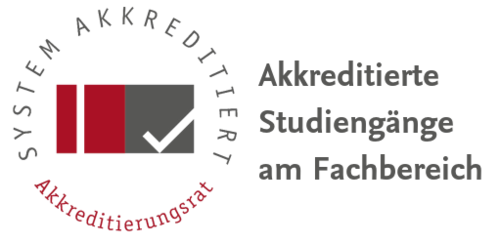Neue Publikationen von Prof. Dr. Florian Zemmin in "Global Secularity. A Sourcebook" (Vol. I + II)
News vom 04.12.2024
Johannes Duschka , Christoph Kleine , Monika Wohlrab-Sahr und Florian Zemmin
This volume maps the international academic debate on secularity. It places seminal contributions from within ‘Western’ academia alongside less well-known texts from various parts of the world; in several cases this is the first time that they have been translated into English. The volume demonstrates that the academic debate on secularity was and is a global debate, with contributions from many regions. The collected texts relate to each other either directly or indirectly by referring to similar arguments – whether reinforcing or criticising them – and thus create a discourse. When speaking of global secularity, we therefore do not insinuate a uniform ‘world secularity’ resulting from the alleged global diffusion of ‘Western’ norms, ideas and concepts. It is rather a web of relations that is constituted via various different references. These references are not evenly distributed: the development in ‘the West’ is often the point of reference to which positions from other regions relate, to which they connect, or from which they distance themselves. But the references are not completely unidirectional: We also present texts from Europe that underline the multidirectionality of the process, even early on. Thereby, the volume offers the reader the material with which to trace these global exchanges and references.
Volume II The Middle East and North AfricaFlorian Zemmin , Neguin Yavari , Markus Dressler und Nurit Stadler
This volume collects reflections on secularity from the Middle East and North Africa. To highlight proximate connections as well as resonances with debates elsewhere, it includes premodern contributions from the region as well as Jewish thought from Europe that have provided significant references for modern appropriations of secularity.
The texts, for the most part previously untranslated, reflect commonalities within the region as well as its great diversity. Thus, while Islam is a common reference for most of our authors, the selections point to its varied invocations in the interest of differing political ends. Others write from a Christian or Jewish perspective, or subscribe to non-religious intellectual traditions. They range from premodern Muslim jurisprudents and philosophers to Ottoman statesmen, Arab socialist and nationalist intellectuals of the interwar period, Iranian revolutionaries, Israeli novelists, and finally, post-secular intellectuals, lay and religious, predominantly from the former Islamic heartland: modern Arab states and Iran. Several introductions weave together the swathe of topics raised in the discussions, beginning with a schematic presentation of the concerns that undergird the volume’s organization.


